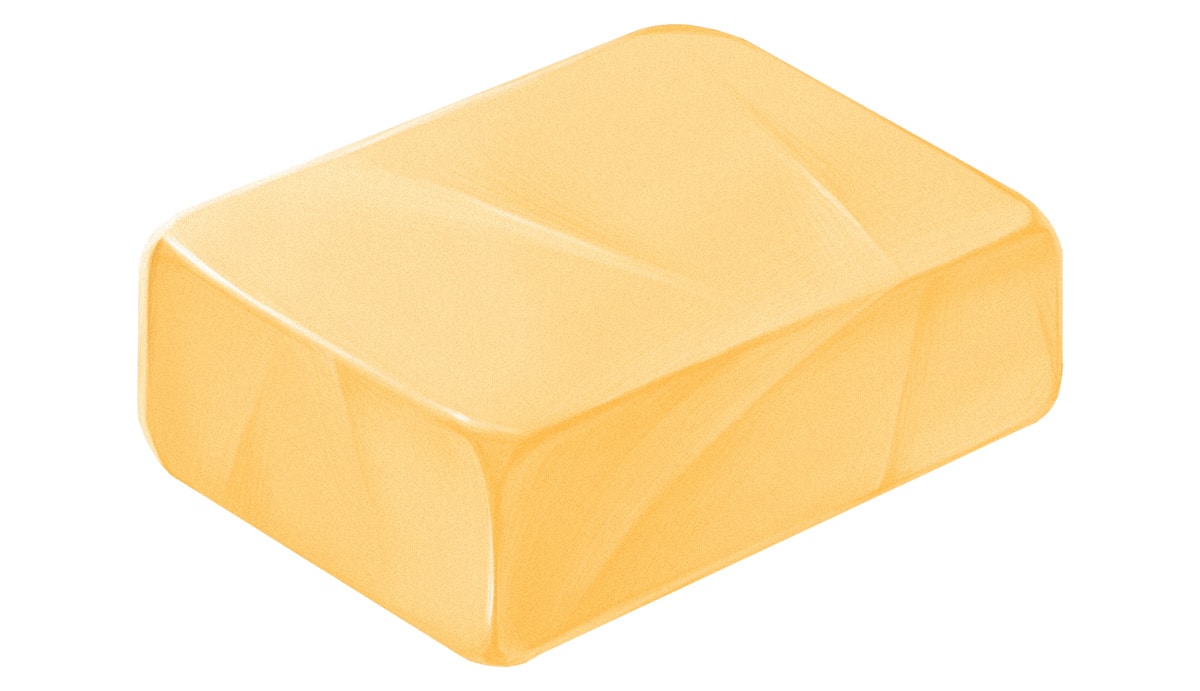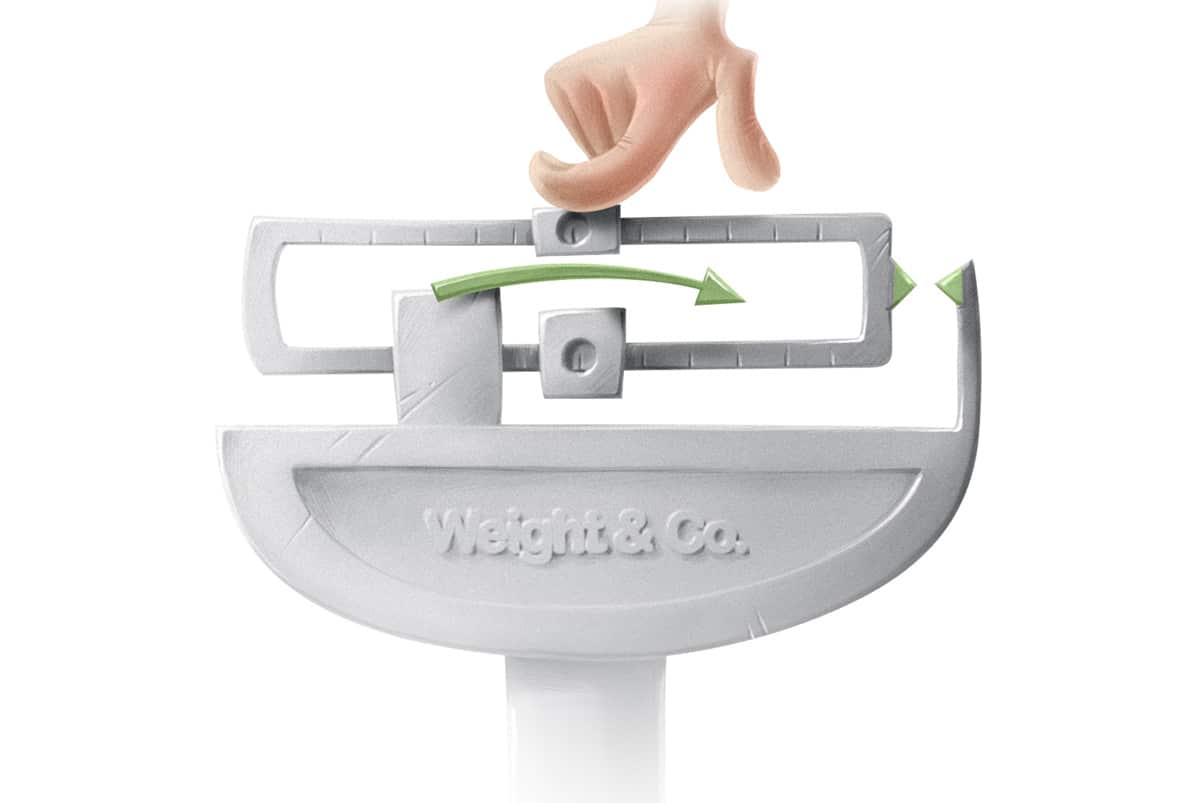Caffeine is a staple ingredient in “fat-burning” or “weight-loss” supplements and it’s the darling of all the intermittent fasters who drink coffee (with or without butter) instead of breakfast.
Research seems to back this up: consuming more caffeine is associated with greater weight loss and better maintenance of weight loss. It’s also associated with lower risk of diabetes.
But how does it work? How much is best, and what are the caveats? Whether you’re getting it from caffeine pills, green tea, supplements, coffee, or energy drinks, here’s a look at 5 things you should know about caffeine, weight, and weight loss.
This is about caffeine, not just coffee. You can have coffee without caffeine (decaf) and caffeine without coffee (tea, caffeine pills, Red Bull, soda…). Coffee as a whole food does have other components, like antioxidants, that might be helpful for weight loss completely apart from the caffeine. We’ve covered all of those things here for the curious. But this post is strictly about the caffeine, no matter where you get it from.
1. Caffeine does speed metabolism...but not by all that much.
This meta-analysis found that caffeine alone increased calorie burn by about 1 calorie per mg of caffeine, up to roughly 100 calories per day. That’s about the calories in an egg and a half, or 1 tbsp. of butter. It’s just not that much food.

Unless you combine it with ephedrine, caffeine alone doesn’t have a very powerful metabolism-boosting effect. And ephedrine-containing supplements are illegal in the US because they’re way too dangerous for people to use outside of strictly monitored and controlled lab doses.
So far, researchers haven’t found a way to speed up the human metabolism by a whole lot without putting the person in danger. There are only so many calories any one body needs to burn! You can force someone’s body to burn more calories by making someone’s heart beat faster or raising their body temperature, but after a certain point, that starts being dangerous, and it seems to hit “dangerous” well before it burns through a lot of calories.
So to the extent that caffeine has significant effects on weight loss, it’s probably not by burning a lot of calories.
2. Caffeine reduces perceived exertion during exercise
“Perceived exertion” is how hard you feel like you’re working.
In this paper, subjects did 60 minutes of cycling. People who got caffeine beforehand enjoyed the exercise more and felt like it was less difficult than people who got a placebo. The dose was 3 milligrams of caffeine per kilogram of bodyweight (3mg/kg):
| Your weight (pounds) | Your weight (kilograms) | Your dose of caffeine, at 3 mg/kg |
| 100 lbs | 45 kg | 136 mg |
| 125 lbs | 57 kg | 170 mg |
| 150 lbs | 68 kg | 204 mg |
| 175 lbs | 79 kg | 237 mg |
| 200 lbs | 90 kg | 270 mg |
| 225 lbs | 102 kg | 306 mg |
Some other studies finding that caffeine reduces perceived exertion: this one in judo athletes and this one, which confirmed that the effect holds true even in experienced athletes.
Exercise is great for weight loss even though it doesn’t burn a lot of calories - if you struggle to enjoy exercise or if it always feels obnoxiously hard, caffeine might be the little bump you need to get going and make it happen.
3. Caffeine increases fat burning during exercise
Caffeine doesn’t cause you to burn a lot more calories from a workout. But it does shift your calorie burn to use more fat.
When you work out, your body burns a certain number of calories. Those calories can come from either stored carbs or stored fat. The harder you work, the more carbs and the less fat you burn as a percentage of your total calories.
This study found that consuming 3 mg of caffeine per kilogram of bodyweight (that’s the same amount as in the table above) shifted calorie burn more towards fat and increased the maximal rate of fat burning relative to carb burning. Instead of burning through stored carbohydrates, people who took caffeine before exercise burned through more stored fat.
Is that good? Well, it depends on what you want! If you’re on a low-carb diet and you want to do intense exercise, it could be really great because it’ll help your body use fat for energy and not throw a temper tantrum about not having enough carbs. It may also be helpful for endurance athletes who want to become more fat-adapted. In other words, it can help you be a better exerciser, which is good for weight loss and just for general health.
4. Caffeine may help prevent weight regain after weight loss.

Caffeine supplements taken by themselves, without any diet/exercise changes, don’t cause weight loss, according to this systematic review.
But on the other hand, this study found that caffeine prevented women from regaining weight after they lost it. That’s huge - most people can lose weight fine but then they can’t maintain the loss; they just regain it all and frequently gain more weight on top of that. These researchers first put 60 women on a diet. 30 got caffeine (5 mg/kg per day) and 30 didn’t. They ate the diet for 6 weeks. After that, they were studied for a month of maintenance. The women who got the caffeine kept losing weight at a very slow rate, while the women who didn’t get caffeine regained around 0.75 kilograms (just under 2 lbs pounds) in a month.
Worth noting: this is a very short study and it’s just one study! Also, you might need to get a relatively high amount of caffeine for this to work: this study, which used only 100 mg of caffeine per day, didn’t show the same benefits.
5. Effects of caffeine on appetite and cravings may vary
A lot of people drink coffee as an appetite suppressant and/or cravings-buster, but research on this is actually mixed.
The appetite-suppressing effects of caffeine may depend on your weight: as this study noted, there’s a stronger effect for people who were overweight to start with than for people already at a healthy weight.
On the other hand, if you’re getting your caffeine from coffee or tea, you might get an appetite-suppressing effect just from having your stomach full of warm liquid (yep, this is a documented thing that really happens!).
As for cravings, there hasn’t been a lot of research on this, but one promising avenue is the well-documented mood benefits of caffeine (as documented in this study on caffeine gum, for example). Caffeine just makes people feel more energetic and cheerful - it's a stimulant; that's what stimulants do. This study suggests that the effects aren’t just caused by reversing caffeine withdrawal: caffeine improves mood more or less equivalently in regular users and non-users.
Considering that low mood (or in scientific terms, “negative affect”) is a major cause of cravings and comfort eating, maybe coffee helps people control comfort-food cravings just by reducing their desire to be comforted. When you feel a little more all right with the world, you might not want that comfort donut so much after all.
In short: it probably helps and almost certainly doesn’t hurt.
Caffeine is probably at least a little bit helpful for weight loss, independent of any catechins or antioxidants in coffee/tea. Depending on your preferred caffeination method, you might also be getting some extra goodies, but caffeine pills are a totally viable option for busy people or for people who just want a tightly controlled dose (coffee/tea can vary hugely - they’re natural foods and Mother Nature doesn’t do things with pharmaceutical precision!).
Most studies have used around 3 mg of caffeine per kilogram of bodyweight to get those benefits, although some went up to 5. As noted in the table above, that's between 150-300 mg per day for most people (very roughly 1-3 cups of coffee).
On the other hand, caffeine definitely isn't right for everyone, especially if it compromises that all-important sleep!
How do you use caffeine? Does it help you stay on track with eating well? Let us know on Facebook or Twitter!





Leave a Reply